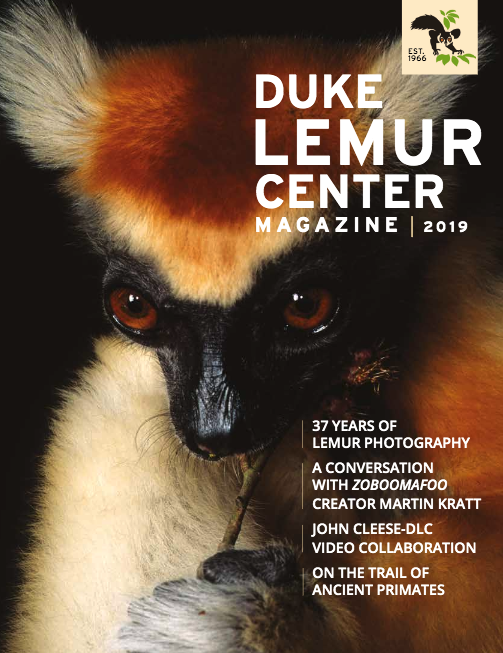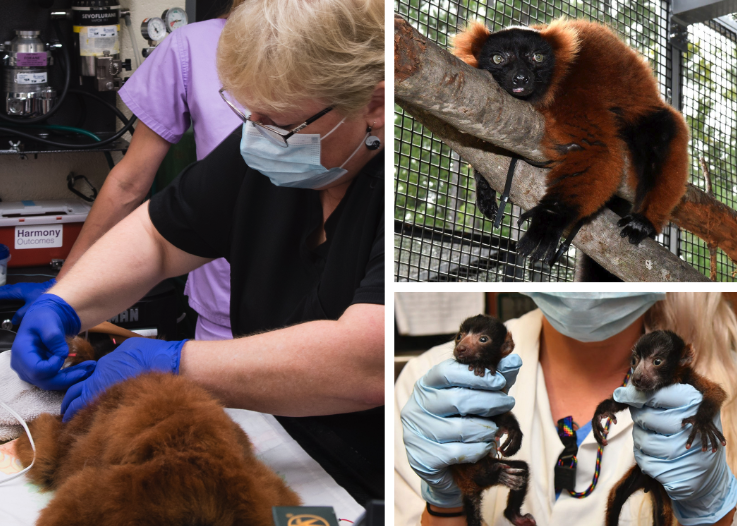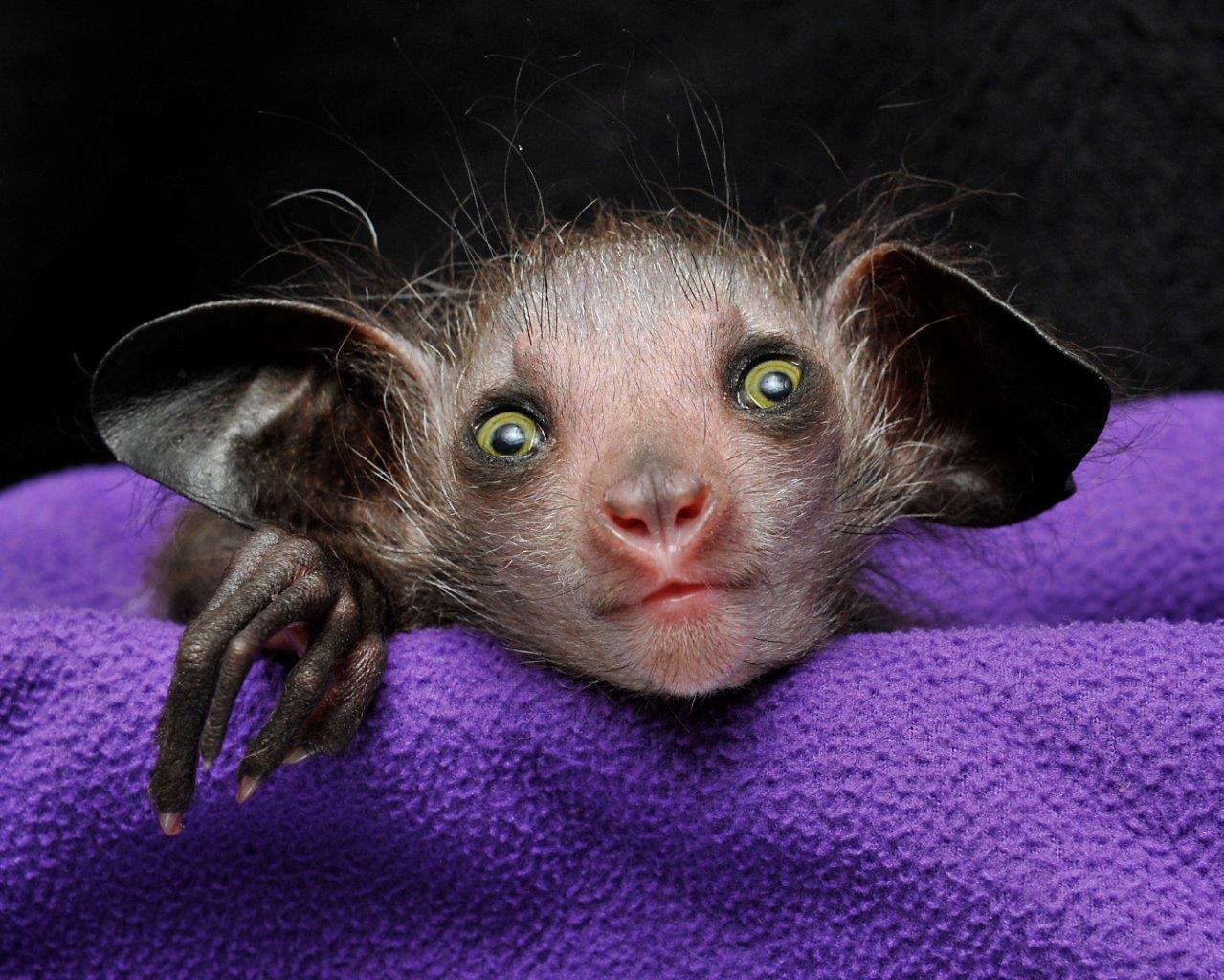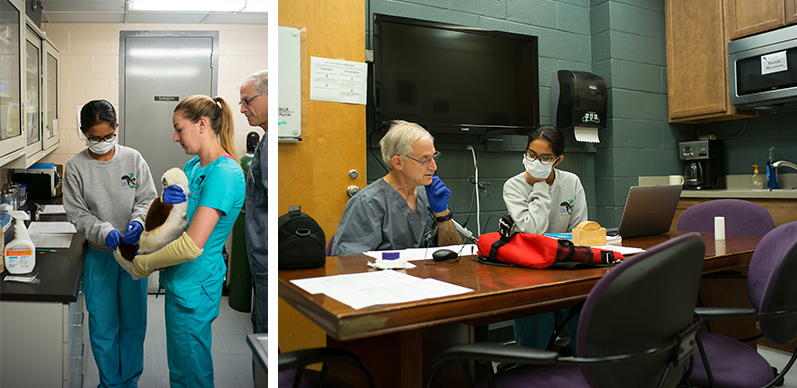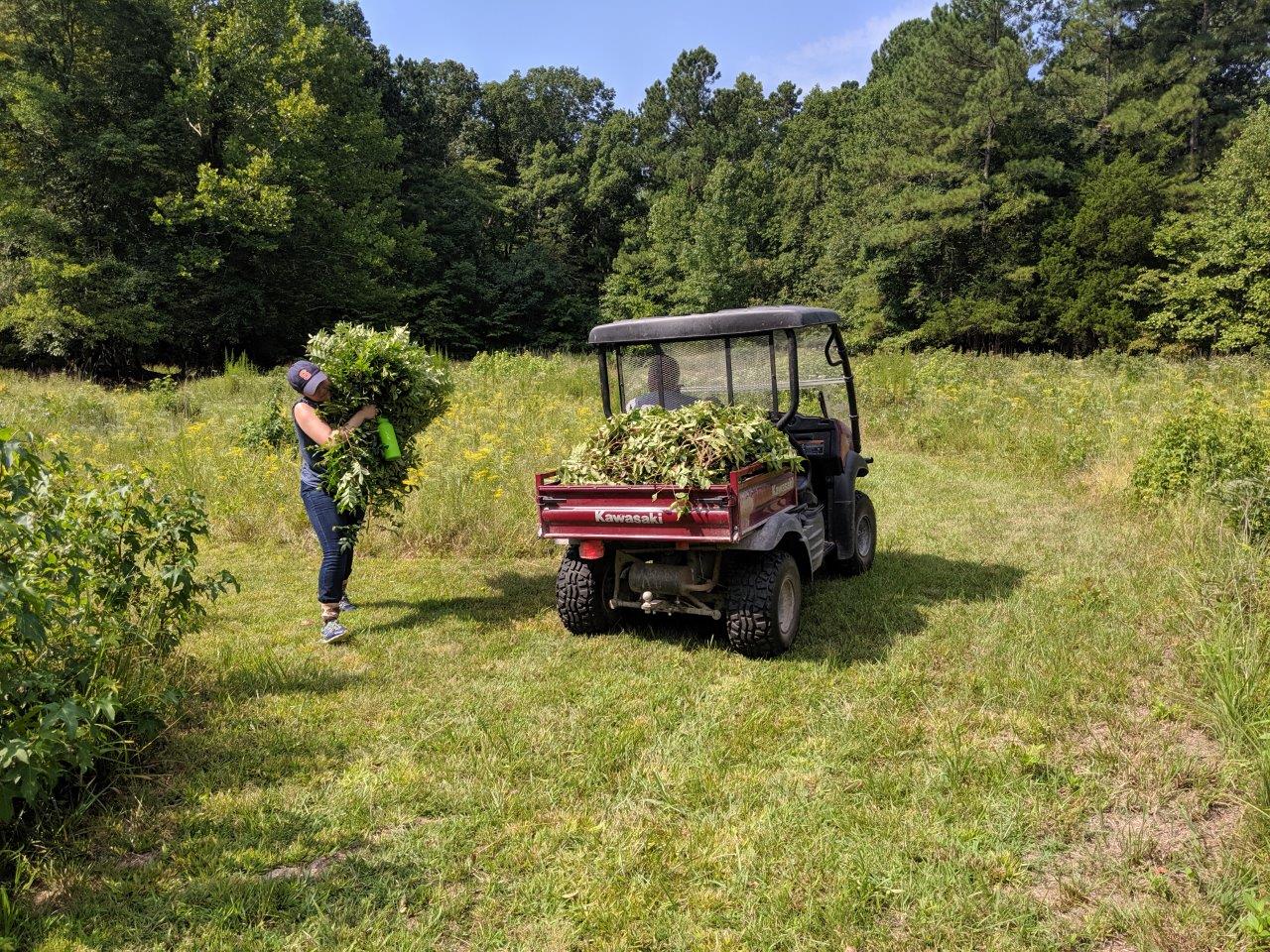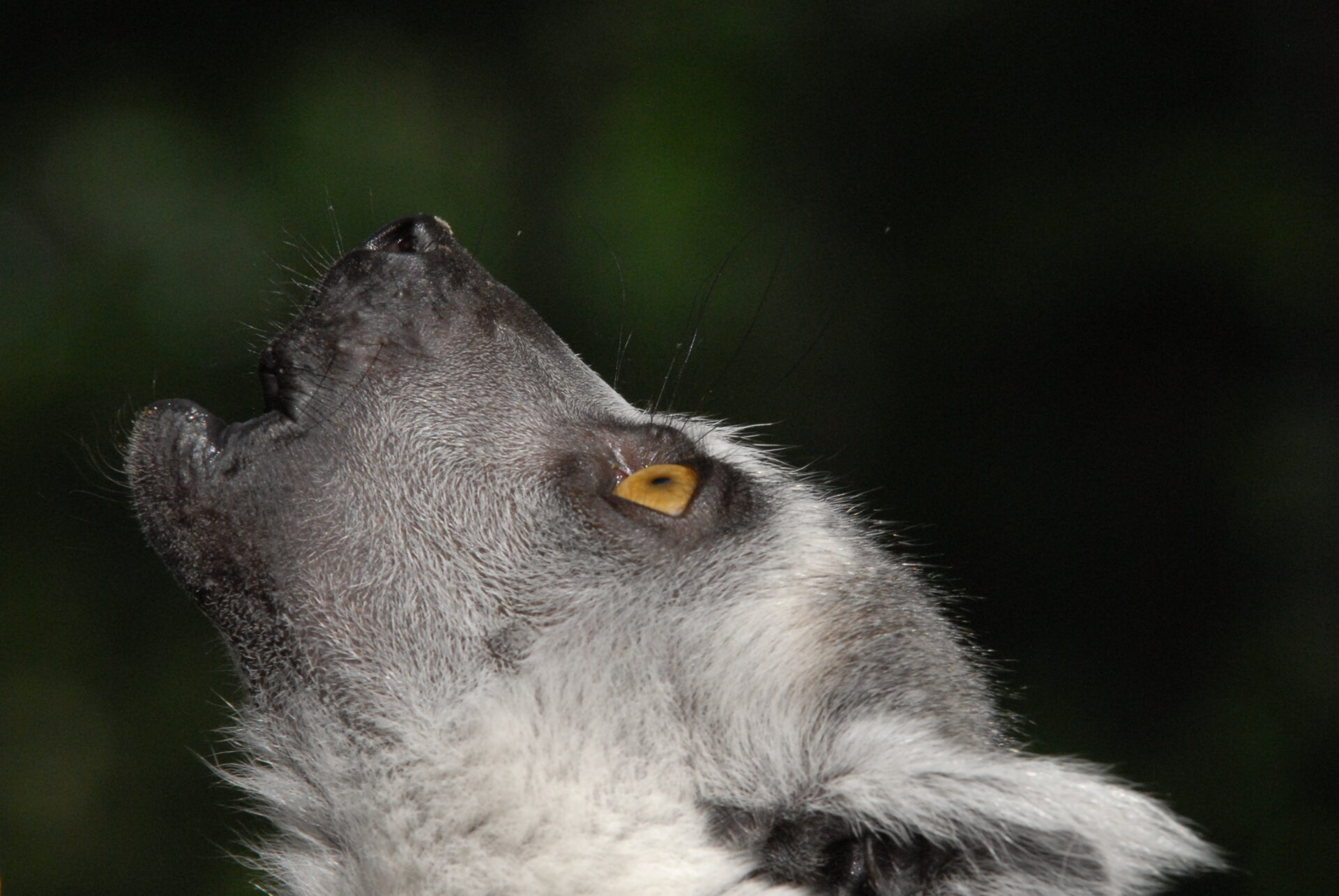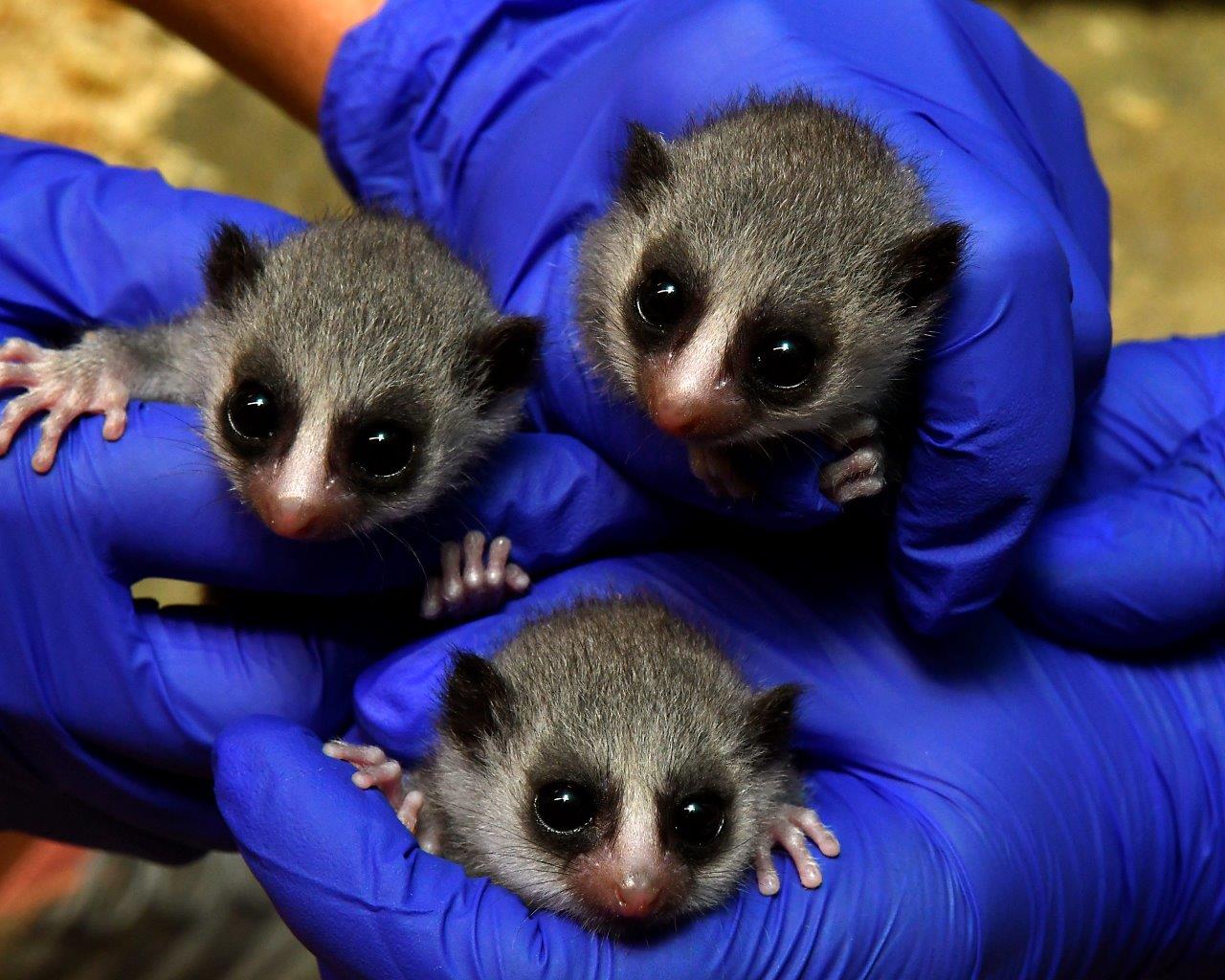NEW ISSUE: 2019 Annual DLC Magazine — Read Online!
Extra, extra! Read all about it! The second annual DLC Magazine has been published, and it is GORGEOUS! Special features include: A 37-year photo retrospective: Nearing retirement, longtime DLC photographer David Haring picks all-time favorite photos from the past 37 years — and shares the stories behind the shots Attention Zoboomafoo and Wild Kratts fans: Martin […]

